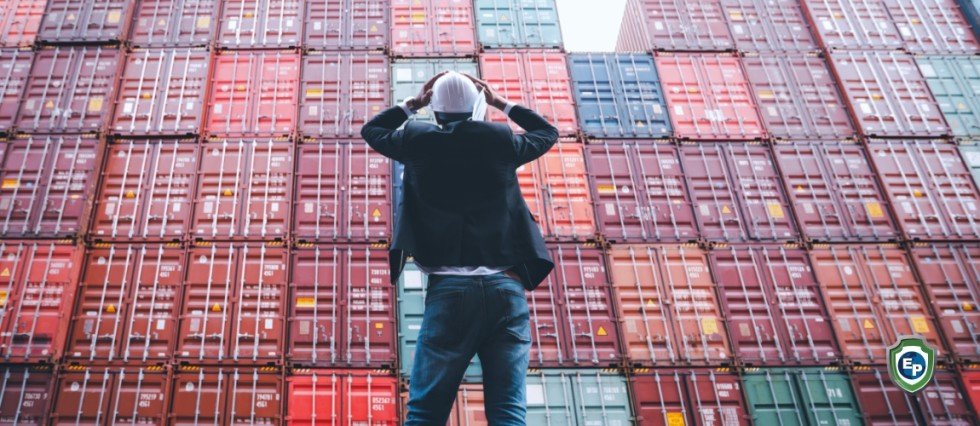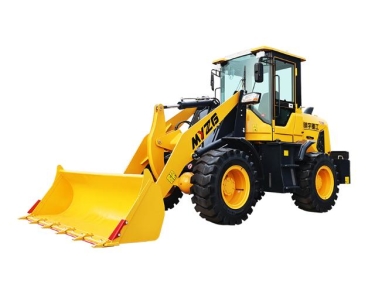The Common Pitfalls of Importing and Exporting
International trade can be quite profitable, which is why most companies aim to enter the global market. However, there are various risks involved as well. Here are some of the most common pitfalls of importing and exporting.

International trade can be exciting, rewarding, and very lucrative. That's why most companies want to enter the global market. But the opportunities come with some risks. If you can anticipate and manage these risks, you can increase your chances of success. Here are the common pitfalls of importing and exporting.
No Understanding of the Foreign Exchange Rate
Exhale rate can affect the prices of your supplies and your price to the international market. If you don't cost your foreign supplies correctly, you will incur exchange rate losses. Moreover, if you don't price your goods correctly, you may also incur exchange rate losses.
The fluctuations in exchange rates increase the risks of exchange rate losses. You can seek your banker's advice on how you can negotiate contracts and use financial products to hedge your exchange rate risks.
Being Unaware of Important Restrictions
Countries place restrictions on products for economic, social, and political reasons. The restrictions can be in the form of quotas, import licensing requirements, and so forth.
If you trade and violate the restrictions, you could lose the product, lose the sale, pay fines and be liable for other penalties, including prison.

Not Conforming to Packaging, Marking, and Language Laws
Packaging is an integral part of any product. Governments understand that it keeps the product safe and informs customers of its contents. If your product doesn't comply with regulations, regulators will take your product off the shelves after you incur the costs of bringing it to the market. You may also face fines and penalties. Ensure you learn what regulations say in each market.
Not Understanding Incoterms
Incoterms, short for international commercial terms, is standardized language that international traders use in their contracts. It will cost you if you don't know the difference between CFR (Cost and Freight) and CIF (Cost Insurance and Freight).
Not Verifying the Reputation of a Supplier or Customer
Probably the hardest thing to do in the international market is to verify the authenticity of a business partner. They will either receive your payment or goods, so you need to be confident that they will fulfill their part of the agreement. Do your due diligence on your business partners.
No Insurance on Your Goods
Insurance providers give financial compensation in the event of an incident. Nobody likes to think about bad things happening, but insurance is necessary. Some people think of insurance as a drain on their cash flow and forego it; that is a big mistake. Many things can happen to your goods in transit; lost at sea, theft, fire or damage, etc. Without insurance, these incidents can be financially devastating.
Stay Tuned with Export Portal
Want to learn more updates in the trade industry? Check out our Blog Page today!


















Comments 2